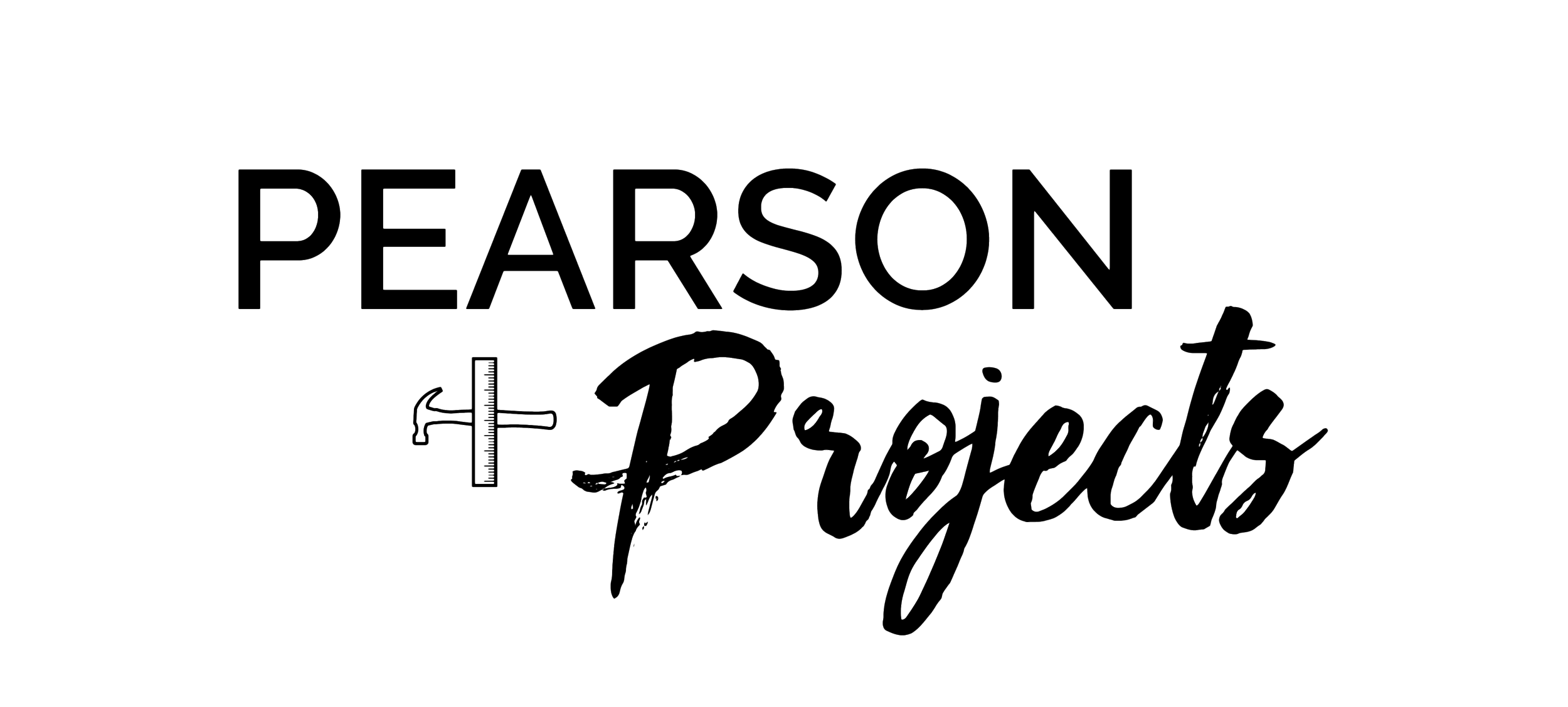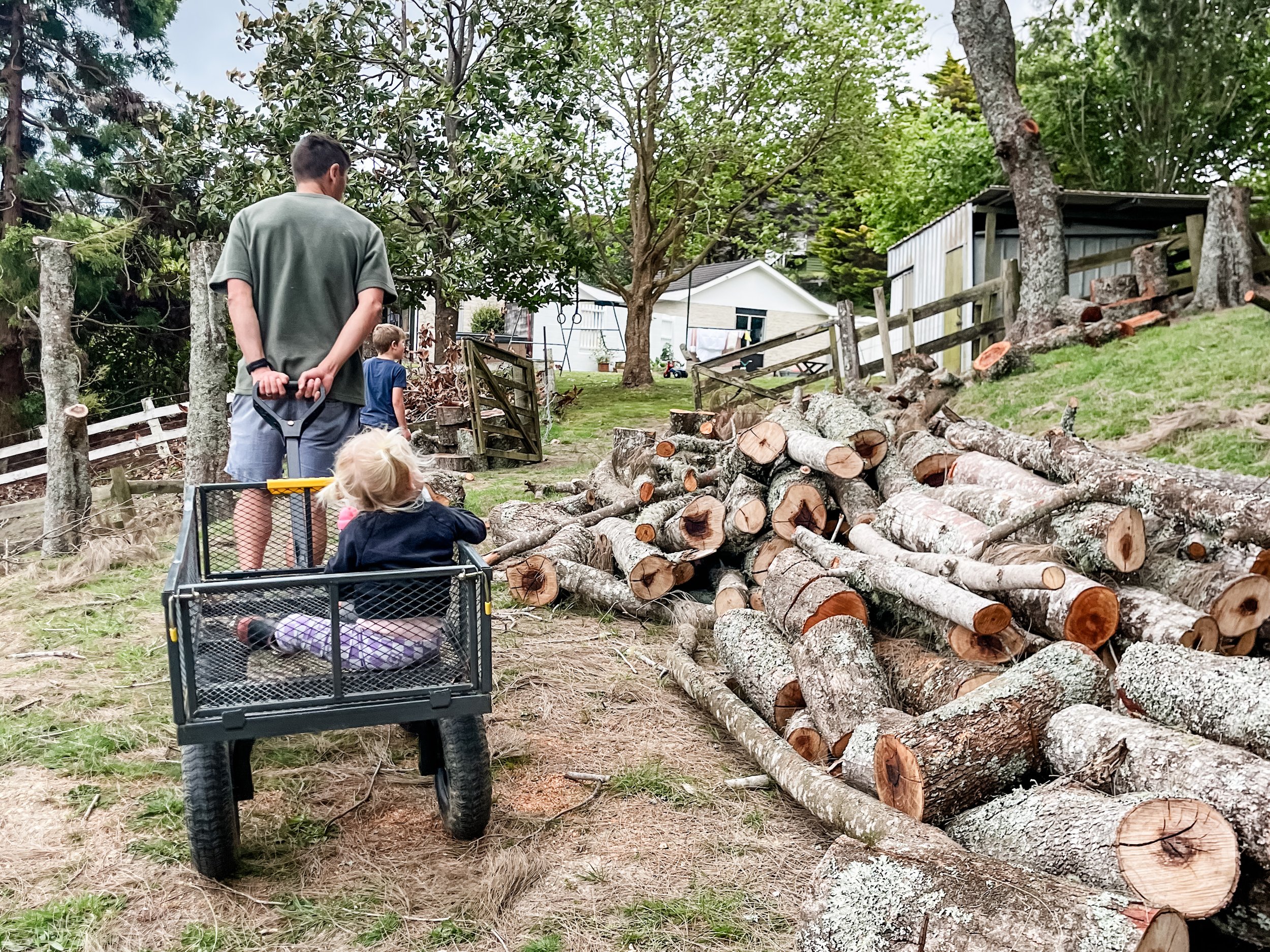Benefits of living in your home before you renovate
If you have been a part of our journey for a while now, you will know we are serial renovators and always itching to get hands on with a project. When we moved into our new home over 12 months ago, we came with plenty of ideas and plans to get started on some projects. Since then we have done….almost nothing!
Much to Alice’s dismay - and not for lack of ideas. Instead we have been settling in and enjoying and exploring the property. Albeit with a few small projects, mostly outside.
We started with some big picture plans to do a major renovation on the house and get started quickly - making changes to layout, adding outdoor living spaces, and a large internal remodel. But our target timeframes proved slightly optimistic, as well as life and budget getting in the way...
However, we realised this doesn’t have to be a bad thing. As this is a long term home, our goals were all self-imposed, so we changed our approach to slow right down. Deciding to take our time with the planning and design process. As we are only going to get to do this once, we want to get it right.
Living in your home for 12 months has proven to be a great way to work out what we like and don’t like about the property, what works and what we want to change. Each season is different and brings with it different conditions and elements, which you might not have known without living through it. This slower pace has been refreshing, and given us a different perspective on approaching a renovation.
This past year has taught us there are many benefits from spending time living in your house before you renovate and wanted to share these.
Here are my top 5 benefits I see from living in your home before you renovate:
Get familiar with your house.
By living in the house for a year, you become intimately acquainted with your home's layout, flow, and function. You'll better understand how the house functions daily, how the connections between rooms and the outdoors work, and how it works when you have guests or when the weather is nice or rainy. This ‘lived-in’ knowledge helps you identify areas that require improvement and allows you to plan how you can make improvements to the space.
Understand the seasons.
Living through all four seasons gives you a complete picture of how the house and site handle varying elements. Whether it is the natural light during different parts of the day in different rooms, where the stormwater flows in heavy rainfalls, or how the prevailing winds hit the house. We have been building a greater understanding of how the natural elements affect rooms in the house. The impact of this, what we like about it, and what we think we could improve and ideas to achieve this.
Working with existing features.
We are very budget conscious in our renovations, so when there are existing features that we like and work in a house, we prefer to retain or makeover rather than replace them. We have been learning what we like about the existing house, and what we could retain during a project. Our house is 50 years old, so most of the finishes need a makeover, but we are getting clarity on the things we have to change and what we could work with - and whether we could keep some of that retro wallpaper.
Identify problem areas.
Spending a lot of time in the house allows you to identify any problem areas or aspects requiring attention. Some might have been obvious, but some will only reveal themselves with time. The lack of ventilation and insulation was known from when we purchased the house, but we only learnt about the leak inside during heavy rainfalls after 4 months of living here. Living in the house helps you uncover these shortcomings so you have them listed and prioritised during the renovation process.
How you personally live in your home.
Each family is different - operates uniquely, lives and interacts differently. Whilst there may be common layouts and spaces in a home, we all live and utilise the spaces within a house differently. Just living in your house, and evaluating how you live in a house will show you how you use and prioritise space, what rooms you use the most or least, and what you value. Understand your priorities, so when you renovate, you are investing first and foremost in the areas you value the most.
The benefits of removing any urgency to get started, is we’re building a clearer picture of what we are working with, what we like and what we want to change. The vision of our home is taking shape, and these learnings will shape our renovation decisions so we have a clear picture of where we are heading.





